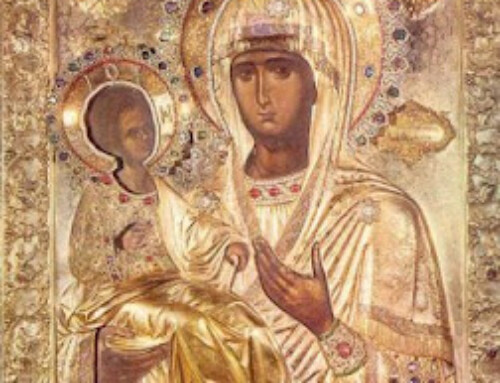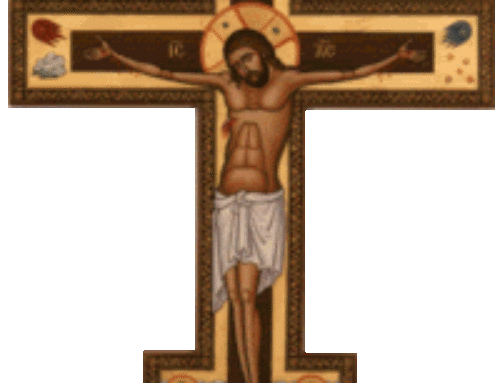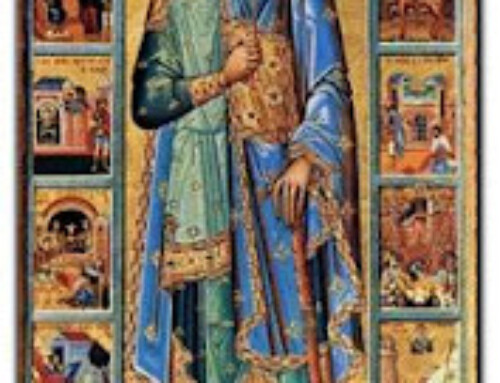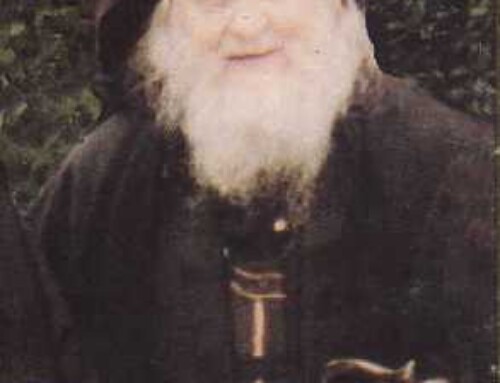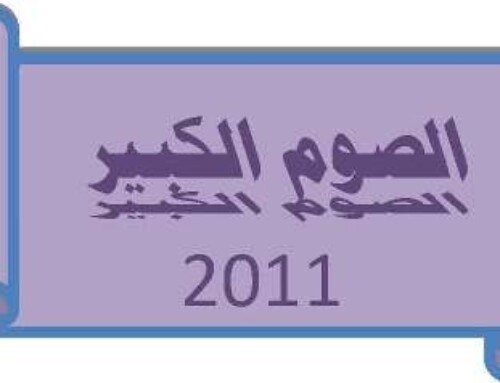Word Magazine May 1965 Page 13/16
THE ROLE OF MUSIC IN DIVINE LITURGY
By Fr. Edwin Ellison West,
Pastor, Church of the Redeemer, Polo Alto, California
(Some thoughts of a Western Rite Orthodox Priest)
From time to time, we read in our archdiocesan magazine, The Word, expressions of censure for practically all music except the “Tones” which come to us from Greek sources, with a few Russian composers such as Ipolitov-Ivanov, Tschaikowsky, Gretchaninov, admitted by some special dispensation. It is recognized that these strictures are applied with reference to the Eastern Rite. Since the writer is of the Western Rite, with an Anglican background which extends over eight generations, it should be said at the outset that there is no intention to embark upon any musical controversy whatever. At the same time, there has been a regrettable
tendency to condemn all polyphonic or contrapuntal music as unworthy to be used in divine worship, with the somewhat cavalier dismissal of such music as “operatic.”
Any trained musician will recognize that when all polyphonic music is equated with opera, however sincere our brother priests may be in such opinions, there is the distinct possibility that they are betraying little knowledge of polyphony and less of opera! The gigantic master of polyphony, J. S. Bach, just doesn’t happen to be an operatic composer, while his contemporary, George Frederick Handel, was “great enough to be both operatic and religious in his wide field of creation. Doubtless the music most fitted for use in the Eastern Liturgy is the great inheritance of Greek tones, which possess an other-worldly beauty which should touch the hearts of all Orthodox. With this there can be no argument. However it should be noted that the
great Russians who have achieved acceptability, are actually polyphonic composers (and Tschaikowsky was quite operatic, vide “Pique Dame” “Joan of Arc,” and of course a great
collection of ballet music, mention of which I should possibly avoid lest he be ejected henceforth from the blessed canon of acceptable liturgical composers!)
From here on, this article must be from the standpoint of the Western Rite Orthodox churches. It should be remembered that in the Western Rite, at present so small, and yet with such a great potential strength, most of the members have been nourished upon a musical tradition quite foreign to the experience of the great Eastern Rite. In becoming Orthodox, they enjoy the great privilege of worshipping in a manner which is distinctly Western. This is clear indication of the forward-looking liberality of our Metropolitan Antony, who was instrumental in making Western Rite Orthodoxy a possibility in the Antiochian Church. Since we “Westerners” have been granted such freedom it might be well to explain for our Eastern brethren, just what our music means to us, and the role we expect it to play in Divine Worship. In the first place, we would never consider our music to be “operatic” in the slightest degree. Truly there have been periods in the history of the Western liturgical music, when the standards have been rather suspect, and the secular influence has been over-played. This has never been the norm however, and those periods of musical demoralization have usually been brief. Actually, the great development of polyphonic music is peculiarly European, and is almost unknown in the East. Even the great Russians, mentioned before, are actually speaking a musical language of the West, many having been trained by Western teachers, or at least having been profoundly influenced by Western musical developments. It should surprise nobody that many of our brethren of the East find Western music foreign, and hardly acceptable for liturgical use. This fact needs no challenging that the writer knows of, however, the failure of our brethren to understand Western music can hardly be accepted as final condemnation of all Western polyphonic music for church use: it is simply too great a creation to be treated thus, and certain examples of great Western music are so patently inspired by the Holy Spirit, that such abrupt dismissal is actually dangerous. The man who can listen to Bach’s “St. Matthew’s Passion or Handel’s “Messiah” and dismiss them both as “operatic” has more courage (however little insight) than this writer!
One fact should be born in mind with reference to Western music it is much more personal in its expression than most of the Eastern music. This probably stems from the turbulent period of the Reformation, when men s hearts were sincerely upset, and when state-craft invaded the religious scene to such an extent that many who were intrinsically faithful at heart, were actually incapable of expressing their convictions, except in music. We have only to examine the great chorales of the German school in order to perceive this quality. Consider such profound expressions as “Aus Tieffer Nacht” or the great “Passion Chorale,” and then try to dismiss them as unworthy or “operatic.” It can’t honestly be done. These may be completely foreign to Eastern Orthodox standards, of course, but what then? The Holy Orthodox Church must be big enough to include valid expressions of faith, whether strange or familiar, since She is by Holy Authority the Church for all mankind!
Finally, let us meet this matter of polyphonic music head-on, with open and unbiased minds. One of our priests made a most significant observation to me recently as follows, “Surely those who have studied the great harmonic compositions of devout Western musicians, must be struck with the fact that in the very harmony itself, we have a symbolic presentation of the Blessed Trinity! Individual notes when combined in chords, lose their identity to a great degree and a new creation is achieved, far more powerful than the original notes could ever be except in combination with each other. From any chord, remove one of its notes and the chord is no longer in existence. This reminds me, inevitably of that great mystery, the Holy Trinity. Perhaps this explains why so many composers have been devout men!”
One might add that in the elaborate convolutions of contrapuntal music, like the glorious carvings on the great Gothic cathedrals of the West, we have an imperative reminder of the nature of the Church as visualized by its Founder. It is and always must be a body of many
organs, with the head supplied by Christ himself.
With our Eastern brethren we have no quarrel. They have experienced their musical expressions for centuries, and for them, such forms have undoubted validity. This is not to say, however, that the infinitely more developed music of the West is in any way lacking in an equal validity. The temperament of an “Easterner” seems rather likely to differ from that of a “Westerner” and what of it? We are all Orthodox, and should be sufficiently charitable to recognize the treasures of both East and West. The holy “Tones” of the East, are surely a treasure; the more involved Western harmonies are no less so. We are heirs to both!

